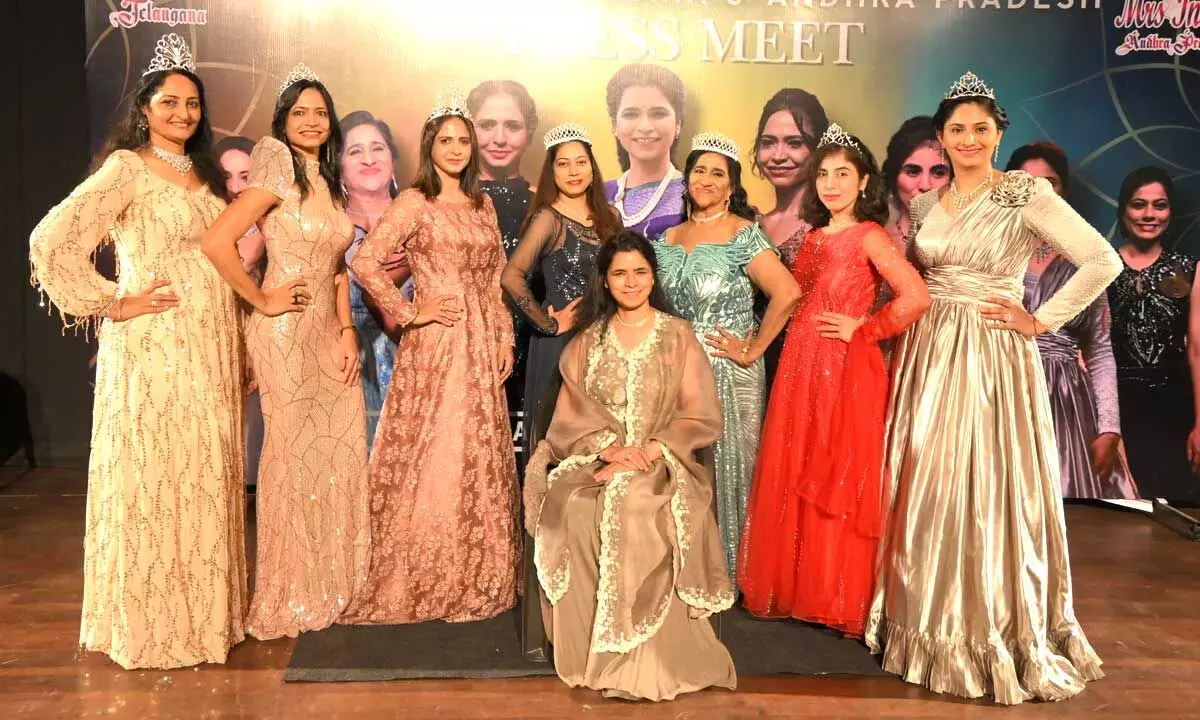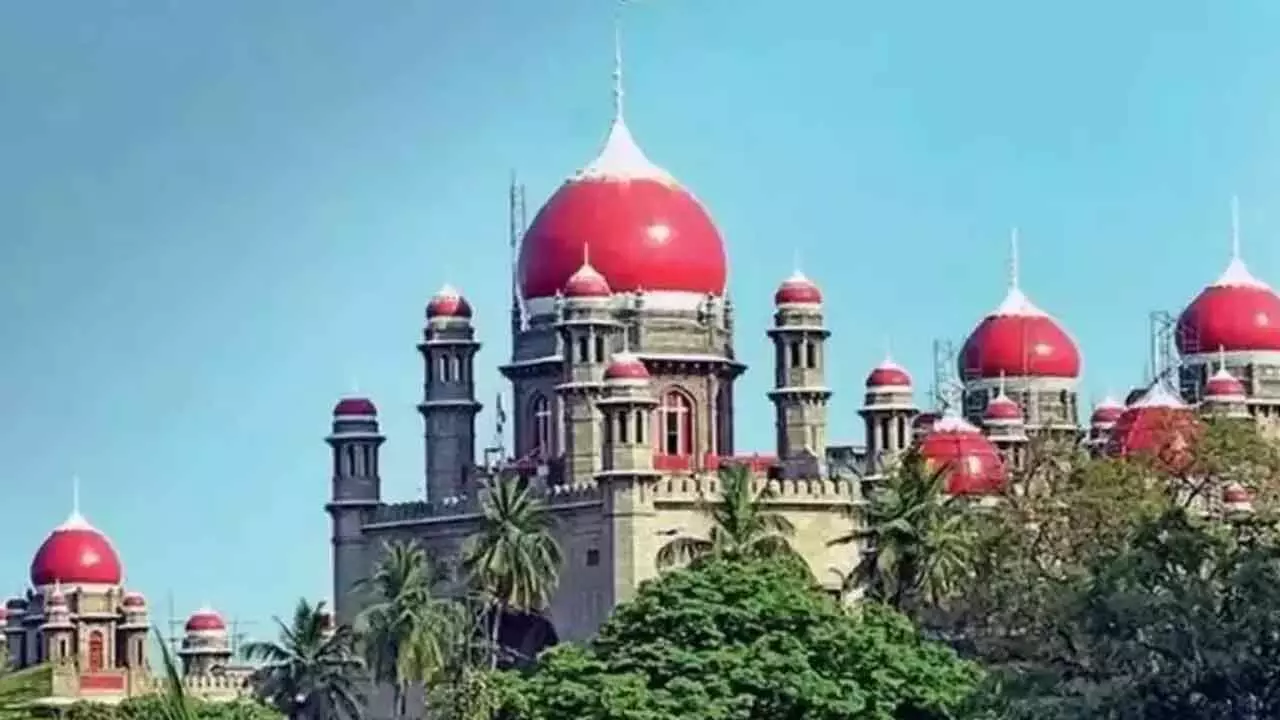The controversy over appointing Vice Chancellors (V-Cs) to state universities has become more complicated due to new University Grants Commission (UGC) guidelines. These guidelines suggest that State Governors should have the authority to appoint V-Cs.
In most states, the Governor serves as the Chancellor of state universities. However, this proposal has led to disagreements, especially between the Centre and non-BJP ruled states. A former Vice Chancellor of a Telangana state university pointed out that the issue has become more political rather than focusing on improving higher education.
Many argue that since state governments fund nearly 90% of the universities’ expenses, they should have full control over V-C appointments. However, discussions at several All India Vice Chancellors’ Conferences have revealed that a lack of financial independence is a major challenge. Currently, state universities function under a “co-concurrency regime,” meaning V-Cs appointed by state governments must get approval from bureaucrats for important decisions and new initiatives.
A former senior official from the Telangana State Higher Education Department (TGHED) highlighted that since Telangana was formed ten years ago, no V-C of a conventional state university has been able to make independent decisions. Even introducing new courses or increasing fees to cover rising costs requires bureaucratic approval. Additionally, delays in fee reimbursements have further complicated financial management.
The official added that most of the funds allocated to universities are used for salaries, leaving little to improve research and development. For nearly three decades, there has been no exclusive funding to raise research standards to a national level.
Some experts believe that political interference in state universities is not new. A former V-C of a state university with over 75 years of history noted that interference can come from both the Centre and state governments. He recalled how, after Telangana was created, several individuals frequently visited the V-C’s office, introducing themselves as members of various Joint Action Committees (JACs) and presenting lists of demands.
In a neighboring state, all V-Cs appointed by the previous government were asked to resign when political leadership changed. This shows that state universities are often caught in political struggles rather than focusing on academics. At the same time, the new government cannot ignore instances where V-Cs have crossed limits, such as celebrating the birthday of a political leader in a university setting.
The ongoing debate highlights the challenges faced by state universities, where political influence often overshadows academic priorities. The struggle between state and central authorities over V-C appointments continues, raising concerns about university autonomy and the future of higher education in India.












